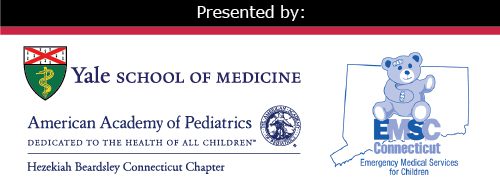Food Allergy ECHO®
![FoodAllergylogo[1] FoodAllergylogo[1]](https://ct-aap.org/wp-content/uploads/2020/03/Food20Allergy20logo1.png)
Thank you for participating in the Food Allergy ECHO Series!
Accreditation Disclosures:
- Stephanie Leeds, MD has no relevant financial conflicts of interest related to this activity.
- The planners for this ECHO Series have no relevant financial conflicts of interest related to the activity.
1 - Food Allergy Diagnostics: Pearls for Pediatricians - Stephanie Leeds, MD, FAAAAI
Recorded on Feb. 25, 2020
2 - Early Introduction of Peanuts: Clinical Applications of the LEAP Trial - Stephanie Leeds, MD, FAAAAI
Recorded on April 28, 2020
3 - Anaphylaxis Diagnosis and Management - Stephanie Leeds, MD, FAAAAI
Recorded on May 26, 2020
4 - Epinephrine Autoinjectors - Stephanie Leeds, MD, FAAAAI
Recorded on June 30, 2020
5 - Food Oral Immunotherapy (Food Desensitization) - Stephanie Leeds, MD, FAAAAI
Recorded on July 28, 2020
6 - High Yield Summary - Stephanie Leeds, MD, FAAAAI
Recorded on October 13, 2020

Project ECHO® links expert specialist teams at an academic hub with EMS providers in local communities. Our aim is to provide Pediatric Emergency Medicine education that is relevant to EMS providers in the community setting and provide a venue to both discuss cases that are challenging as well as create relationships among EMS providers in CT such that informal consultations can occur in the future.
The ECHO sessions includes didactic presentations by interdisciplinary group of specialists on specific topics of interest and in-depth case-based presentations by EMS providers for feedback and recommendations. Providers are given access to evidence-based educational resources, learn from expert consultation, and from one another in a comprehensive knowledge network and community of practice. This environment of group learning, using best practice protocols reduces variation in care and may improve the care we provide to an extremely vulnerable group of children!
